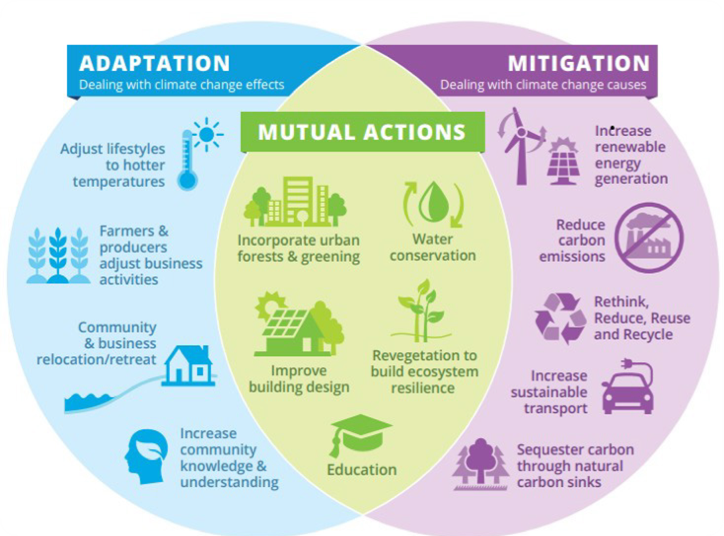In the realm of climate action, IRIM’s primary focus lies in supporting the implementation of the Paris Agreement, Nationally Determined Contributions and National Adaptation Plans (NAPs). IRIM provided stakeholders with evidence-based information and enhance coordination and cooperation in information sharing. In 2022, IRIM conducted a nationwide survey titled Climate Change Awareness and Media Consumption Survey in Mongolia, commissioned by the Global Green Growth Institute (GGGI), and is now organizing campaigns based on the survey findings to raise awareness among citizens and the public.
Also, in 2023, IRIM initiated a Community of Practice among research experts focused on climate change-resilient development. This initiative was to streamline research activities within various climate-related fields and foster information exchange between researchers and experts. In the future, through this community of practice, IRIM intends to discuss the results of research in the climate sector and initiate policy discussions aimed at solutions.
At the 28th session of COP 2023 (convened annually by the United Nations to address climate issues) Mongolia pledged to prioritize addressing the impacts of climate change on the food system and the health sector. Mongolia also affirmed its commitment to endorse relevant documents in this regard. To enhance the sector’s readiness to contribute to this direction, IRIM in collaboration with the Ministry of Health and GGGI, is conducting assessments on (i) Impacts of Climate Change on Human Health, Food Security and Nutrition in Mongolia, and (ii) Health workers knowledge, attitudes, and practices (KAP) and health institutional preparedness to monitor, prepare for, respond to, and manage climate risks to human health in Mongolia.

